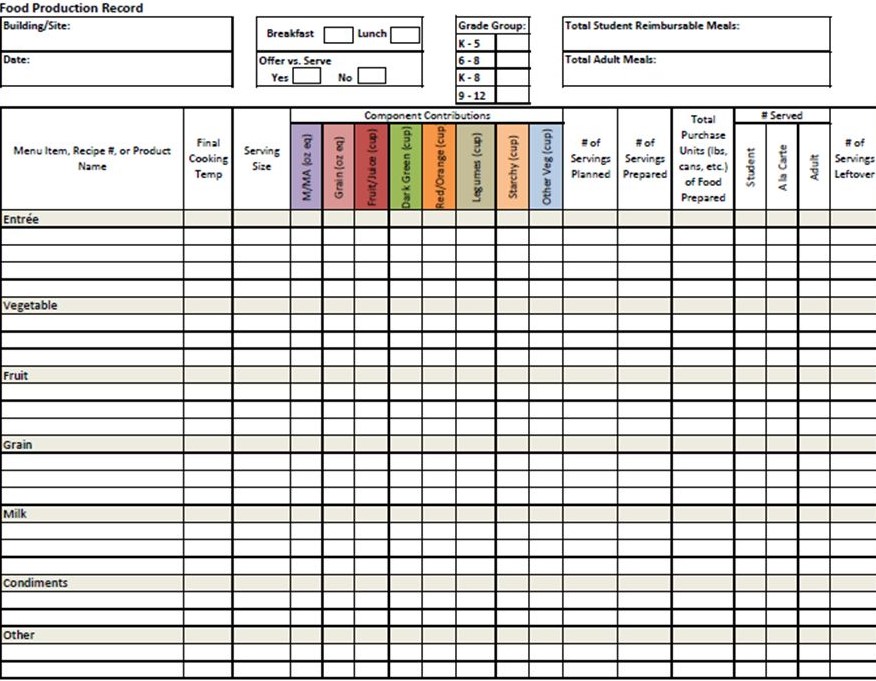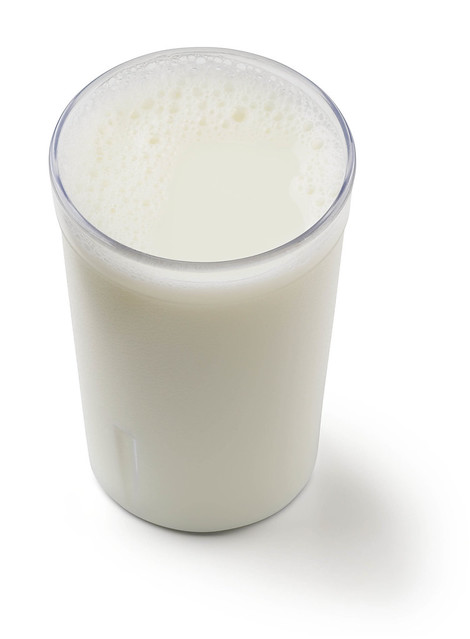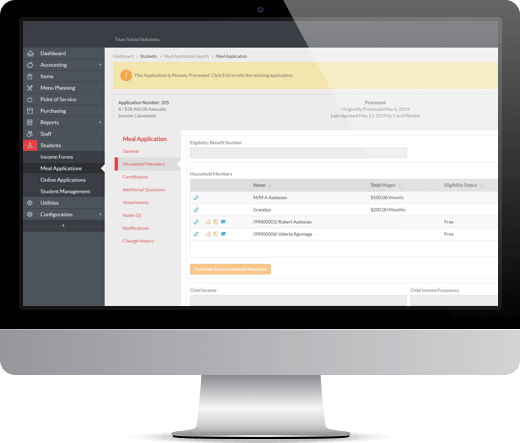
- Teacher: Margo Birk
- Teacher: Allie Caito
- Teacher: Ashley Heller
- Teacher: Gretchen Huntzer

- Teacher: Margo Birk
- Teacher: Allie Caito
- Teacher: Ashley Heller
- Teacher: Gretchen Huntzer

Production records are required by USDA because they help document meal pattern compliance including meeting all of the required components in the correct serving sizes. Additionally, production records confirm that enough food was planned, prepared, and served to participants.
Production records are requested and looked over by your reviewer during the Administrative Review process.
This course will discuss the benefits of maintaining records correctly, the anatomy of what production record should include, tips for completion, and how to use records to forecast program participation.
- Teacher: Margo Birk
- Teacher: Allie Caito
- Teacher: Ashley Heller
- Teacher: Gretchen Huntzer

- Teacher: Margo Birk
- Teacher: Allie Caito
- Teacher: Ashley Heller
- Teacher: Gretchen Huntzer

- Teacher: Margo Birk
- Teacher: Allie Caito
- Teacher: Ashley Heller
- Teacher: Gretchen Huntzer

- Teacher: Margo Birk
- Teacher: Allie Caito
- Teacher: Ashley Heller
- Teacher: Gretchen Huntzer

- Teacher: Margo Birk
- Teacher: Allie Caito
- Teacher: Ashley Heller
- Teacher: Gretchen Huntzer

Local wellness policies are an important tool for parents, local educational agencies and school districts in promoting student wellness, preventing and reducing childhood obesity, and providing assurance that school meal nutrition guidelines meet the minimum federal school meal standards.
The wellness policy is a plan and common understanding of how schools are helping to make the healthy choice the easy choice at school. The wellness policy is updated periodically and parents, school staff, and the community all take part in creating it to ensure that everyone’s voice is heard.
- Teacher: Margo Birk
- Teacher: Allie Caito
- Teacher: Ashley Heller
- Teacher: Gretchen Huntzer